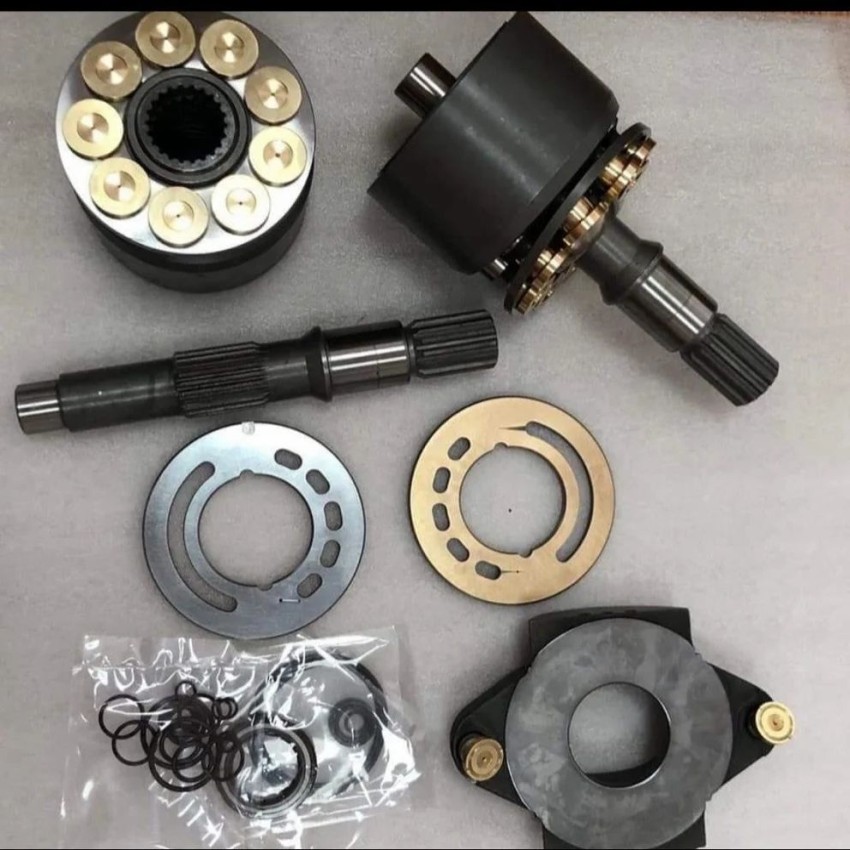Expert hydraulic and pneumatic system service plays a crucial role in maintaining the peak operational efficiency of industrial machinery and equipment. These systems are integral to a wide range of applications, including manufacturing, construction, automotive, aerospace, and many others, where precision, reliability, and power are essential. Hydraulic and pneumatic systems rely on fluid power and compressed air respectively to perform mechanical work, and any inefficiency or malfunction can lead to costly downtime, reduced productivity, and even safety hazards. Therefore, professional servicing and maintenance are vital to ensure these systems operate smoothly and effectively over time. Hydraulic systems utilize pressurized fluid to transmit power, which enables heavy machinery to perform tasks such as lifting, pushing, or rotating with great force and control. Pneumatic systems, on the other hand, use compressed air to generate motion and force for applications requiring rapid and repetitive movement. Both types of systems consist of numerous components including pumps, valves, cylinders, actuators, filters, hoses, and control units, each of which must function flawlessly to achieve optimal performance.

Expert servicing involves detailed inspection, diagnosis, repair, and replacement of worn or damaged parts to prevent breakdowns and extend the lifespan of the equipment. A significant advantage of professional hydraulic and pneumatic system service is the ability to detect potential problems before they escalate into serious failures. Regular maintenance schedules typically include checking for leaks, monitoring pressure levels, testing system responsiveness, and analyzing fluid quality. Leaks in hydraulic systems can cause loss of fluid, contamination, and decreased pressure, all of which directly affect machine efficiency and safety. Similarly, pneumatic systems require clean, dry air to function properly, and any moisture or particulate contamination can cause valve sticking or actuator failure. Skilled technicians use specialized tools and diagnostic equipment to pinpoint these issues, allowing for timely intervention. In addition to troubleshooting and repairs, expert service providers often optimize system performance by upgrading components or recalibrating control settings. Modern hydraulic and pneumatic technologies offer enhanced precision, energy efficiency, and automation capabilities that can significantly improve operational output.
Professionals in the field stay updated with the latest advancements and industry standards, ensuring that the systems they service benefit from improved reliability and cost-effectiveness. Furthermore, proper training and adherence to safety protocols during maintenance reduce the risk of accidents and equipment damage, which is paramount in industrial environments. Efficiency in hydraulic and pneumatic systems also contributes to sustainability efforts by minimizing energy consumption and reducing waste. Efficient systems require less power to operate, which lowers overall energy costs and reduces environmental impact go to this web-site. Moreover, preventive maintenance helps avoid emergency repairs that often involve costly replacement parts and extended downtime, thus supporting continuous production flow. Companies that invest in expert hydraulic and pneumatic system servicing gain a competitive edge through increased machine uptime, improved product quality, and enhanced worker safety. Ultimately, the importance of expert hydraulic and pneumatic system service cannot be overstated for industries that depend on fluid power technology.
